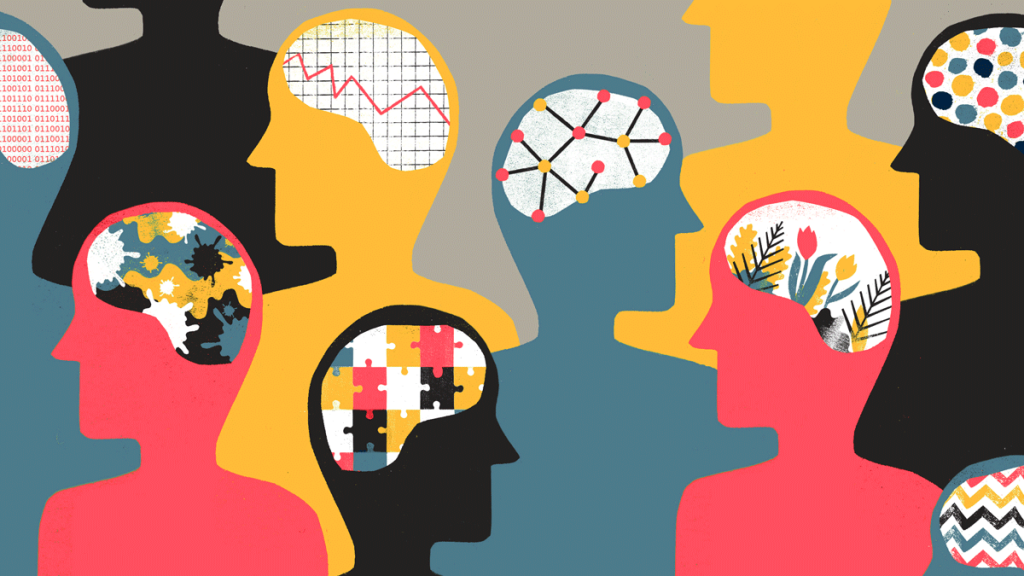Timothy Alor
Introduction:
In our pursuit of a healthier and happier life, we often focus on aspects like diet, exercise, and sleep. However, in recent years, there has been increasing recognition that emotional well-being plays a significant role in maintaining overall health. Studies have suggested that harboring negative emotions, particularly unforgiveness, can have detrimental effects on our well-being, even leading to severe health conditions such as cancer. In this article, we delve into the profound impact of negative emotions on health and explore the intriguing link between unforgiveness and cancer.
The Power of Negative Emotions:
Negative emotions, such as anger, resentment, and unforgiveness, can consume our mental and physical well-being. Modern research has increasingly revealed the profound influence of these emotions on various bodily systems, including the immune system, cardiovascular health, and cellular processes. The chronic experience of negative emotions can manifest as stress, which can directly impact our physiological responses, leaving us more susceptible to illness.
Exploring the Link Between Unforgiveness and Cancer:
Unforgiveness is a deeply rooted emotion that can be challenging to confront and resolve. Numerous researchers have attempted to unravel the intricate relationship between unforgiveness and cancer. While causation is difficult to prove, studies have shown strong correlations between the two, suggesting that unforgiveness may contribute to the development and progression of cancer.
One proposed mechanism revolves around the physiological manifestation of unforgiveness, particularly the negative impact it has on the immune system. Chronic stress resulting from unforgiveness can weaken the immune system, impairing its ability to ward off cancerous cells. Additionally, the lingering negative emotions associated with unforgiveness may inhibit the body’s ability to heal itself and hinder the effectiveness of cancer treatments.
Healing Through Forgiveness:
Recognizing the potential harm unforgiveness can have on our health, efforts to promote forgiveness as a means of healing have gained considerable attention. Forgiveness not only brings emotional relief but also offers potential health benefits by reducing stress and supporting overall well-being. Researchers have found that forgiving individuals often experience improvements in blood pressure, heart health, and immune response, indicating the profound impact forgiveness can have on physical and emotional healing.
Taking Steps Towards Emotional Healing:
While the road to forgiveness may be arduous, it is essential to prioritize emotional healing for the sake of our overall health and well-being. Here are a few potential strategies that can be incorporated into daily life to cultivate forgiveness:
1. Reflect and empathize: Try to understand the perspective of the person who has caused pain, and recognize that everyone makes mistakes.
2. Seek support: Engage in therapy, counseling, or support groups to process emotions and navigate the journey of forgiveness.
3. Practice self-care: Engage in activities that promote relaxation, such as meditation, journaling, or engaging in hobbies that bring joy and fulfillment.
4. Practice forgiveness rituals: Develop personal rituals or practices that foster forgiveness and let go of negative energies.
Conclusion:
The impact of negative emotions, particularly unforgiveness, on our health cannot be undermined. While more research is needed to understand the intricacies of the connection between unforgiveness and cancer, it is evident that emotional well-being has a profound influence on our overall health. Cultivating forgiveness, as challenging as it may be, offers a path to emotional and physical healing, fostering a life filled with understanding, peace, and improved well-being.

